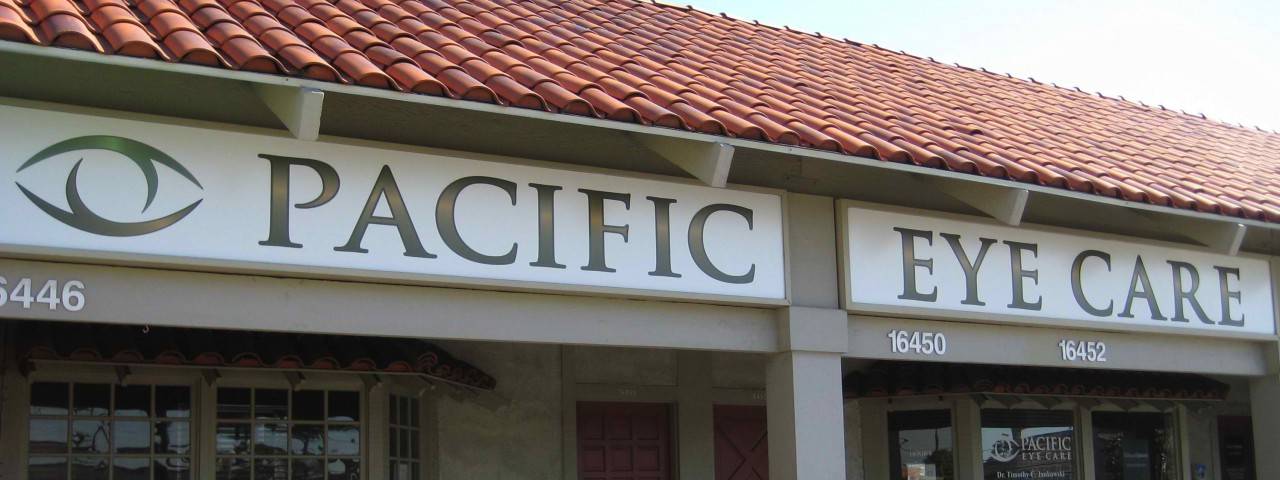Photos






Pacific Eye Care is a Huntington Beach optometry practice that has been serving the local community for over 20 years. We are a full service, state-of-the-art eye center with compassionate Doctors of Optometry who are dedicated to helping Huntington Beach area families preserve their precious gift of sight.
Looking for a great eye doctor? Our Huntington Beach optometrists, Drs. Timothy Jankowski, Walter Yim, and Alex Elson, provide comprehensive eye exams, including diagnosis, treatment, and management of glaucoma, cataracts, macular degeneration, eye emergencies, pink eye, and dry eyes. We also provide consultation and co-management for LASIK surgery. We specialize in scleral lenses, Keratoconus, myopia control, dry eye treatment and Orthokeratology (ortho-k).
Located in Huntington Beach, our eye doctors also serve the surrounding areas of Seal Beach, Fountain Valley, Westminster, and Costa Mesa.





